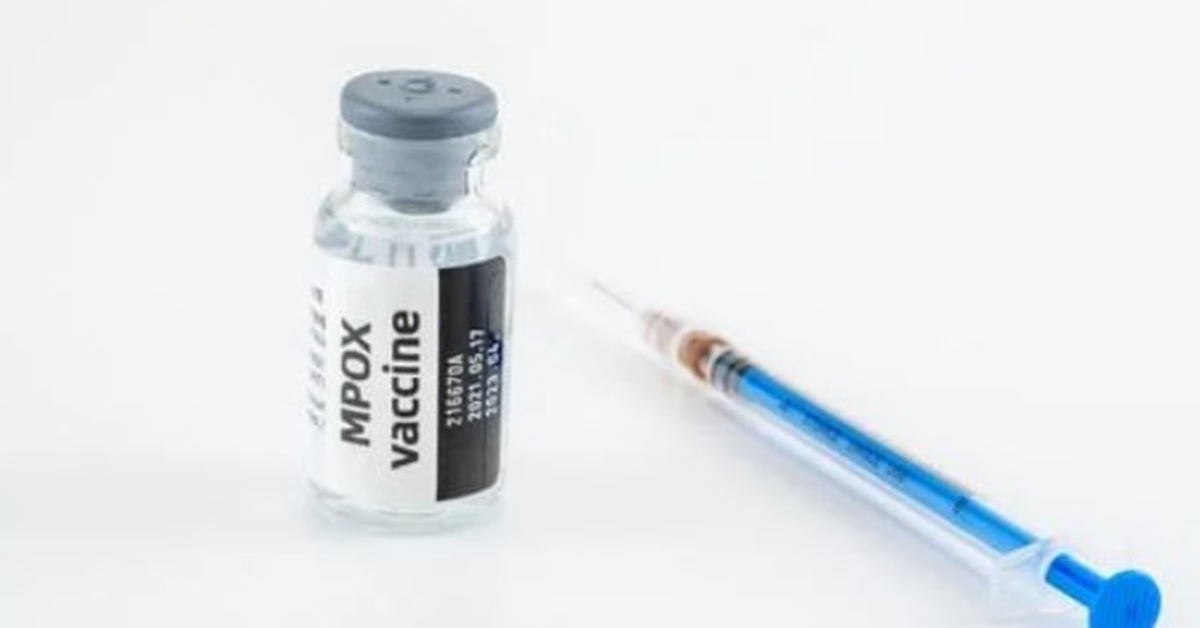Why Africa CDC declared mpox outbreak a 'PHECS'

Mpox vaccine. Courtesy photo
The Africa Centre for Disease Control and Prevention (Africa CDC) has declared mpox a Public Health Emergency of Continental Security (PHECS) due to a significant rise in cases across the continent.
Since the beginning of 2024, over 21,466 cases and 591 deaths have been recorded in 13 African Union (AU) Member States, marking a 160 percent increase compared to the previous year.
"This outbreak is rapidly escalating, and it poses a serious threat to public health across Africa," stated Dr Jean Kaseya, Director General of Africa CDC, who made the declaration on August 13, 2024.
Countries heavily affected by the viral zoonotic disease include Burundi, Cameroon, Côte d’Ivoire, and the Democratic Republic of Congo (DRC), with a case fatality rate of 2.9 percent.
The emergency declaration followed an emergency consultative meeting by Africa CDC’s team of scientific experts, who expressed concern over the increasing cases and high fatality rates.
"Our experts concluded that the rapid spread and the growing number of deaths require immediate and decisive action," noted Dr Kaseya.
The World Health Organisation (WHO) followed suit on August 14, 2024, declaring mpox a Public Health Emergency of International Concern (PHEIC).
WHO Director-General Tedros Adhanom Ghebreyesus, warned, “This is a global health threat, not limited to Africa. We must all work together to prevent it from spreading further."
Africa CDC has mobilised resources, including deploying over 200 epidemiologists and logisticians to affected areas, while partnering with the European Commission’s Health Emergency Preparedness and Response Authority (HERA) to secure 215,000 doses of vaccines.
"Vaccine access remains a major challenge, and we are working closely with our international partners to address this," said Mandy Cohen, CDC's Chief of Vaccine Response.
However, with the outbreak continuing to expand, Africa CDC called for more support from African countries.
Dr Kaseya urged further added that “the responsibility lies not only with international organisations, but also with our own political leadership”.
"We must mobilise domestic resources to stop this outbreak," he said, while emphasising that coordination and preparedness at the national level are key to preventing further spread.
Countries like Gabon recently reported their first mpox case in August, while Sierra Leone and Malawi are investigating suspected cases.
The Africa CDC has urged AU Member States to strengthen surveillance and enhance their public health systems.
"We are at a critical juncture," Dr Kaseya added.
“Africa must be prepared, or the consequences will be devastating.”
As the outbreak persists, Africa CDC continues to work closely with the WHO and regional partners, seeking to mitigate the impact through rapid case detection, vaccine distribution, and improved surveillance systems.
WHO Regional Director for Africa Matshidiso Moeti noted that the situation is dire, “but with a coordinated response, we can contain this outbreak and protect the lives of millions.”
The Ministry of Health in Kenya has come up with measures to address the health menace in the wake of mpox outbreak.
